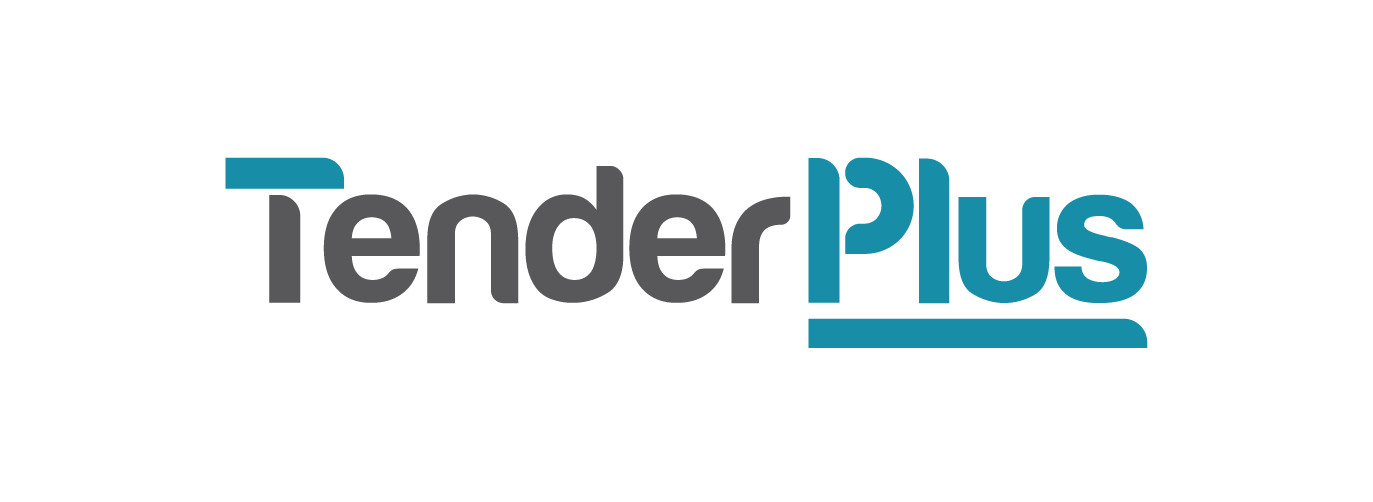8 ways to be an effective tender reviewer
Louise Ferguson, Principal Tender Specialist (Perth)
The tender review process should be designed to achieve consistency across the entire submission and to ensure tender responses are written in a compelling, compliant way and respond well to the evaluation criteria.
A good tender reviewer is someone who is available, thorough, has a good understanding of all tender requirements and has great attention to detail. The following tips are designed to ensure the most efficient use of your time as a tender reviewer:
Understand the process and timing – ideally, reviews should be conducted within a set period, with expectations and deadlines clearly communicated by the bid lead. If this has not happened, ask for more information before commencing.
Be available – once you know the expectations, confirm your capacity to be available for the duration of the tender period.
Be informed - understand client requirements, objectives and non-negotiables, be abreast of the overall solution and appreciate any agreed win themes / key messaging so ensure these are woven consistently throughout.
Understand where you can add the most value - for larger, complex tenders, there will usually be multiple reviewers assigned to each returnable schedule to offer a variety of perspectives, including technical (peer review of the technical solution), strategic (is the response compelling and communicated well) and commercial.
Provide constructive and positive feedback - what makes a great tender reviewer is the ability to remember that being a critic is only part of their job. Reviewers should be able to provide positive feedback as well as constructive criticism. For example, being able to clearly articulate any key positive points or highlight sections that explain benefits to the client well, will help the author to understand why other suggested changes are important.
Compliance - does the response really answer the question? – this is one of the most important tasks for a tender reviewer to consider. It is common for authors to know the solution inside-out and lose sight of what is actually being asked, this includes any requirements that may be listed in separate contract, scope, specification and / or evaluation criteria documents. Answering all parts of a question is key to a compliant response, therefore if some elements are missing, guide the author by adding logical sub-headings to assist.
Look for the proof and benefits – demonstrating that a solution can be delivered is vital to scoring well during the evaluation process. Some authors are very good at explaining what the solution is and how it will work, however neglect to provide evidence or proof of their experience in delivering the solution previously and how it will benefit the client.
As a reviewer, prompt authors for this detail and any lessons learned that support selection of the solution. Case studies highlighting successful outcomes with similar solutions and appropriate testimonials are helpful with this. Benefits to the client should be well-defined and explain where the solution is innovative or goes beyond business as usual, the extent to which the solution meets or exceeds specification and where the client will achieve value for money.
Be proactive and offer solutions – generally, reviewers should maintain a proactive approach with the ability to make suggestions for additions and improvements to aid progression if required. For example, if more detail is required to substantiate claims made in a response, confirm that more detail or proof / evidence is required and guide the author to where that type of information may be found, or if you have that information, add it yourself to save time.
As a tender reviewer, you have the ability to achieve a genuine, positive impact on the final submission and help the team to enhance their work as it is being drafted, to represent your solution to the client in the best possible way.
Whether you are new to tenders, tender writing or tender reviewing or are simply looking to hone your existing skills and practices, we hope that these tips have been helpful.
Tender Plus is located in Brisbane, Sydney and Perth and operates nationally. If you’d like to learn more about how we can assist with tender reviews, advice and evaluations, or more broadly, tender management, tender coordination, tender strategy and more, reach out for a chat, we’d love to help.
